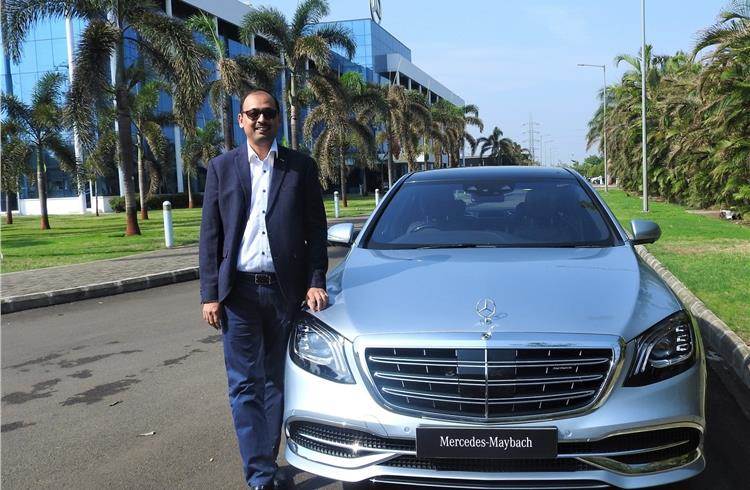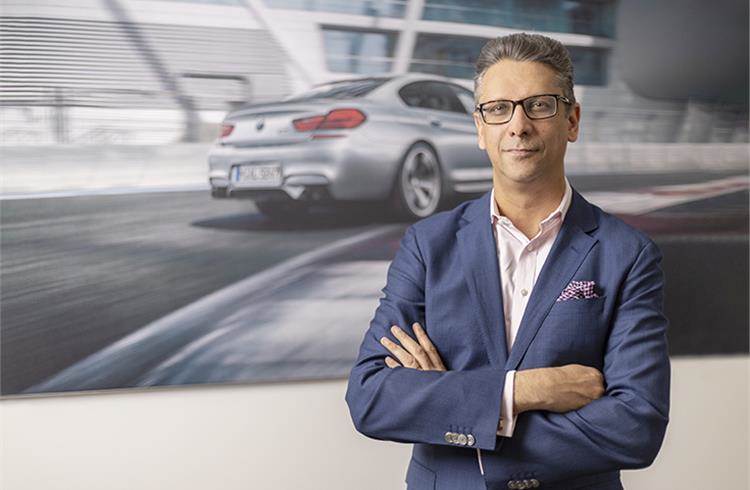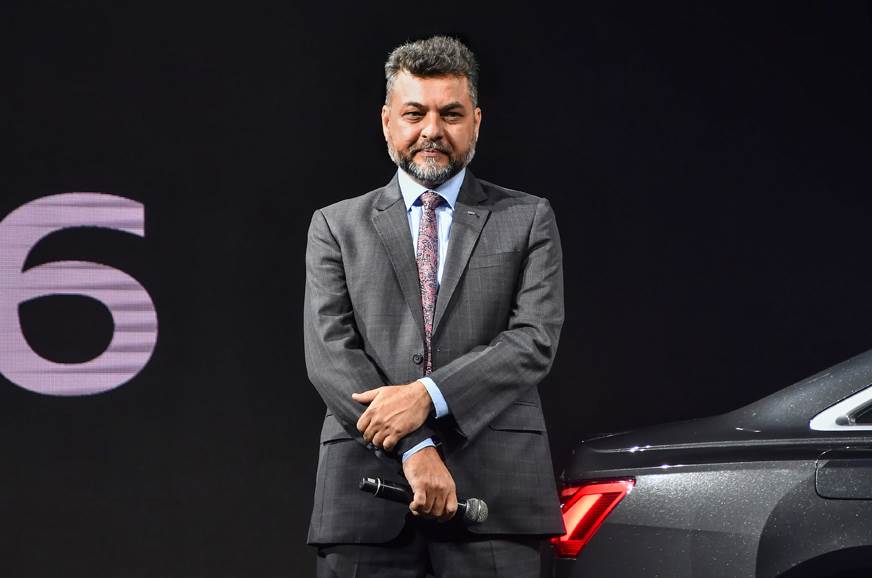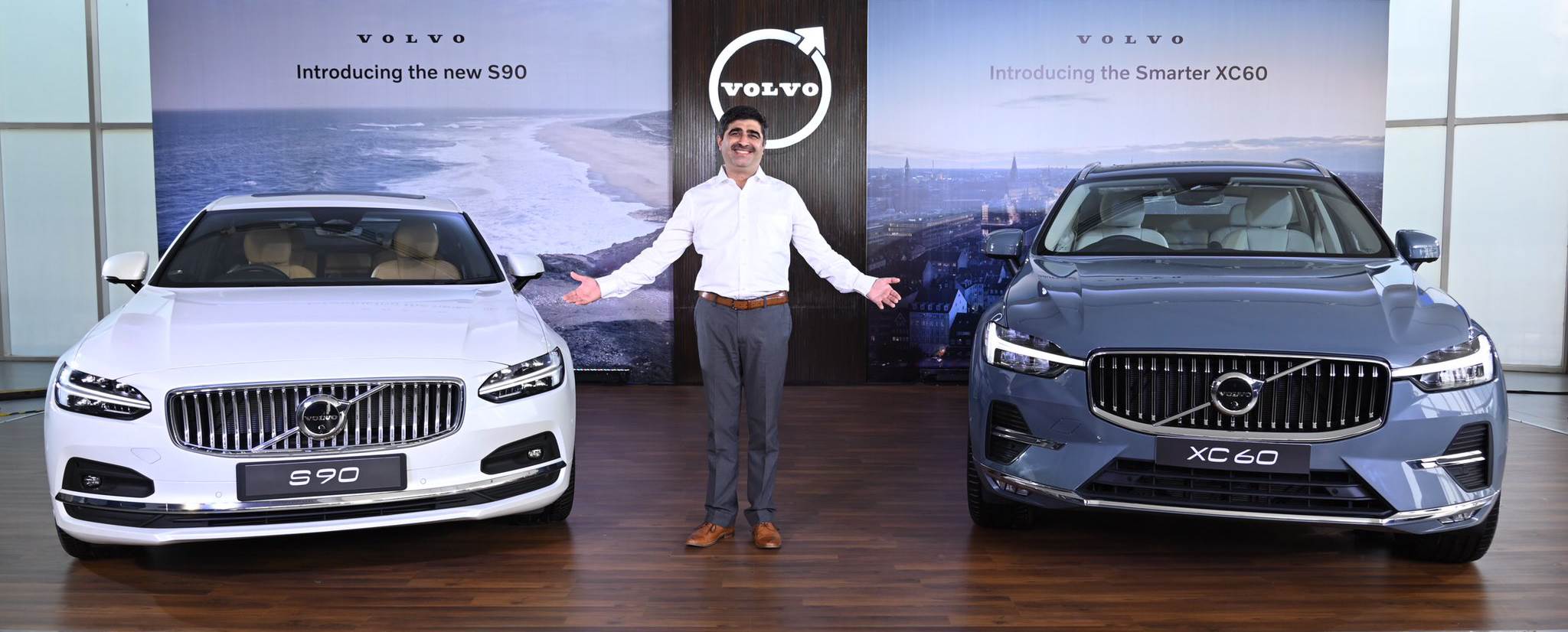It is encouraging to note that the demand for luxury and super- luxury cars in India continues to remain unabated, despite a slowing economy and various macro-economic challenges. Industry players in this category are bracing for yet another year of strong double-digit growth from the top end of
the market.
According to several industry executives that Autocar Professional spoke with, the market is set to register a robust growth in 2023 with the total industry volumes likely to grow by 13-18 percent to about 43,000 to 45,000 units in the current calendar year, provided the semiconductor chip supply improves.
Mercedes-Benz India, the country’s largest luxury car maker posted its best ever January to March Q1 sales numbers at 4,697 cars, posting a 17 percent growth.
 Santosh Iyer, MD and CEO, Mercedes-Benz India
Santosh Iyer, MD and CEO, Mercedes-Benz India
Santosh Iyer, MD and CEO, Mercedes-Benz India declined to give a specific number guidance for 2023, but told Autocar Professional, “The biggest silver lining is that demand is sustaining well. The enquiry levels are at a record high, if not for the shortage of chips, we could sell or deliver more (at least 10-20 percent). Also, there is a strong order book for 4,000 cars. The income levels of our core customer group have only gone up, be it corporates, salaried individuals or businessmen.”
Iyer assured that this will be another record-breaking year for the company, and it is working overtime to secure adequate supplies and the production lines are flexible to cater to the Indian market needs.
Mercedes-Benz India’s closest rival BMW Group India too posted its best year in 2022 and the Bavarian car maker is confident of sustaining growth momentum led by 22 new product interventions it has planned for the calendar year provided chip supplies improve.
 Vikram Pawah, President and CEO of BMW Group India
Vikram Pawah, President and CEO of BMW Group India
“There has been a tremendous response for the new models that we have launched in Q1 till now. Deliveries have commenced for the early bookings done for 3 series Gran Limousine, M340i, X1, 7 series and i7. Though supply chain and logistics issues have impacted delivery schedules, we expect normalcy from June onwards,” said Vikram Pawah, President and CEO of BMW Group India.
Much like the mainstream market, the premium and luxury end of the market is also facing challenges of rising inflation and increasing vehicle prices. The global geo-political crisis is also impacting currency exchange, but so far, the Indian luxury car buyers have remained fairly insulated from these headwinds.
“The last few years have thrown new challenges from a social, economic and geo-political perspective but BMW Group India is well-prepared to deal with different scenarios,” assured Pawah.
The luxury car market in India accounted for 1 percent of the overall passenger vehicle market in 2022, and with the outperformance at the top end of the market in 2023, the penetration is likely to improve to about 1.1 percent of the market – which is still very low compared to emerging markets around the world. Given the rising number of millionaires and billionaires, the industry experts say the luxury car market has a potential of accounting for five to seven percent of the overall market by the end of the decade.
 Balbir Singh Dhillon, Head, Audi India
Balbir Singh Dhillon, Head, Audi India
Balbir Singh Dhillon, Head of Audi India says he expects the luxury car segment will cross the 2018 peak and surpass it by a significant margin. “There is a continued strong demand for our entire product portfolio. We continue to grow month on month and are looking to close 2023 with high double-digit growth. New technology-rich products, a new electric launch this year in Q3, high disposable incomes and upcoming festive season will help aid growth in 2023,” added Dhillon.
Apart from the mainstream market, the demand for EVs too remains robust. Swedish car maker Volvo Car India got bookings of over 500 XC40 Recharge model and expects 50 percent of its annual sales to come from EVs.
 Jyoti Malhotra, MD, Volvo Car India
Jyoti Malhotra, MD, Volvo Car India
Jyoti Malhotra, MD of Volvo Car India says disruption of global supply chains and the semiconductor shortage did disrupt the deliveries in 2022.
“The projected growth in GDP and a resultant upswing in consumer sentiments is going to see larger spending (even in 2023). In the luxury segment and more so in the luxury EV segment, customers are now fully informed and evolved. This is simplifying their purchase decisions, and this adds to market growth,” added Malhotra.
This feature was first published in Autocar Professional’s April 15, 2023 issue.
Also read
Luxury cars post extra strong growth on 2022
‘Pre-owned luxury cars offer better value for money’: Niraj Singh
